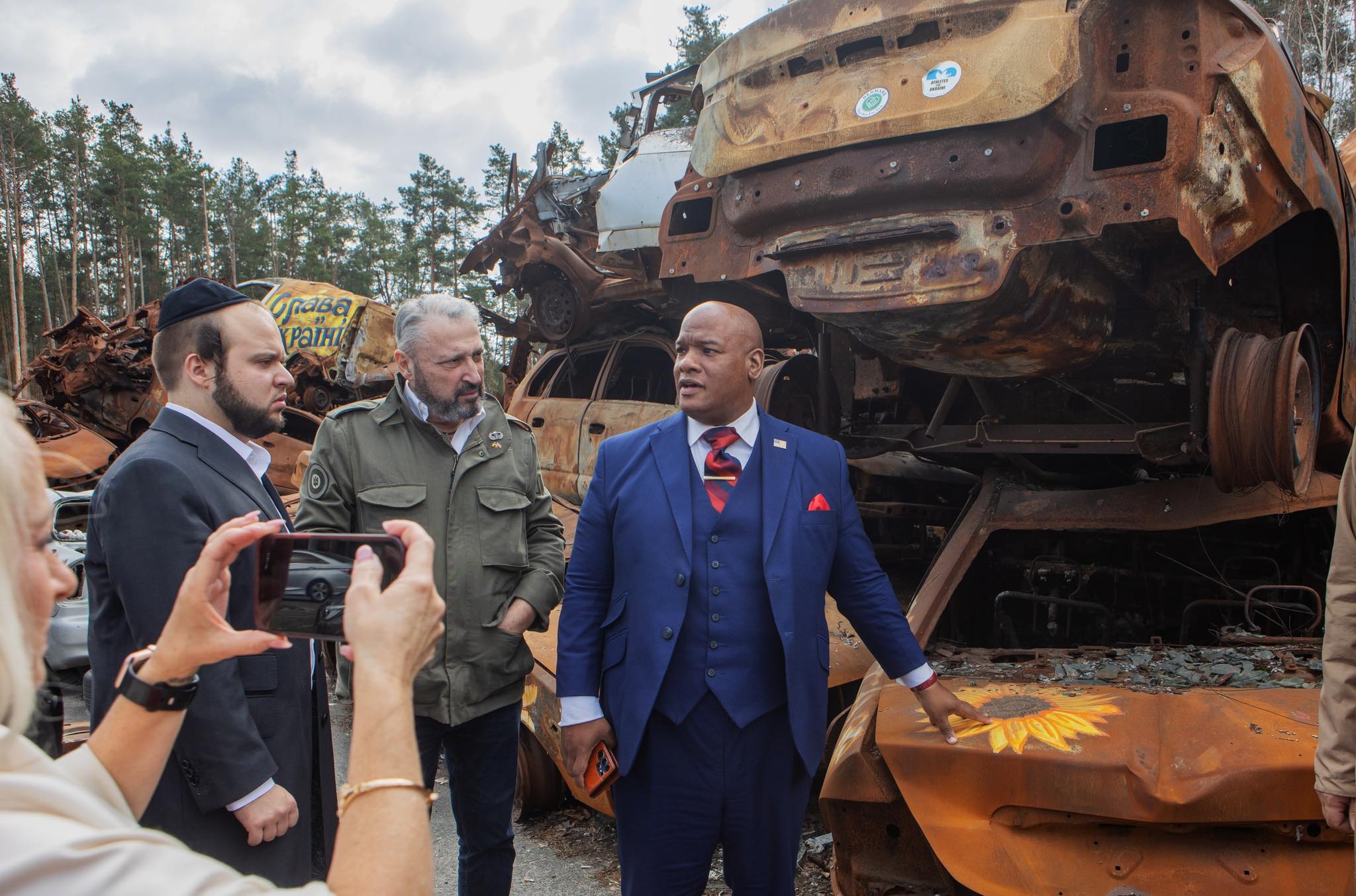Three skeptics called war “media lies”—then visited Ukraine’s bombed hospitals and mass graves
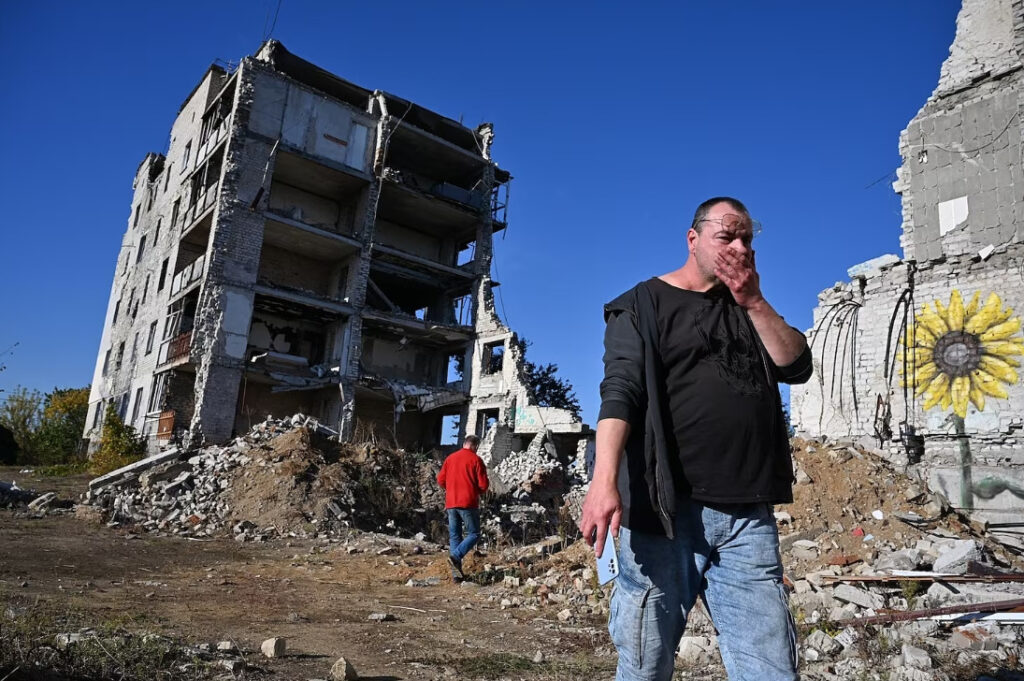
Three Czech citizens who publicly questioned media coverage of the Russo-Ukrainian war and supported Russia’s position have traveled to eastern Ukraine as part of a documentary film project that aimed at showing them the reality of Russian aggression.
Despite some scepticism and war fatigue among the population, Czechia’s government has consistently taken a strong pro-Ukraine stance since 2022, denouncing Russian aggression and advocating for sanctions, international law, and Ukraine’s integration into Europe. The country delivered significant arms—including dozens of T-72 tanks, infantry fighting vehicles, helicopters, artillery systems, air defense vehicles, and over 4.2 million rounds of ammunition. In 2024, Czechia spearheaded the Czech-Led Ammunition Initiative, rallying European partners to supply up to 800,000 shells to Ukraine amid a slowdown in US support.
The participants, two men and one woman, had previously dismissed the war as a “special operation” and promoted conspiracy theories about media collusion, according to Gromada.
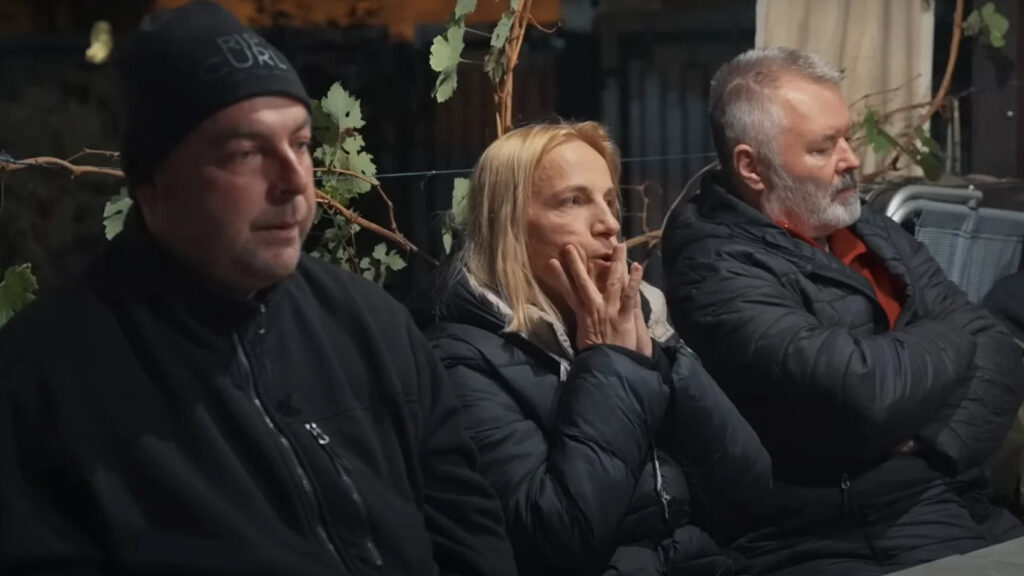
One participant stated at the beginning of the film’s trailer that “pointing a finger at Russia and saying it’s an aggressor and guilty is extraordinary stupidity.”
Another claimed that Ukrainian President Volodymyr Zelenskyy “travels the world and begs for money so someone will finance his war.”
Director Robin Kvapil initiated the project by issuing a public call on social media for skeptics to witness the situation directly. The three volunteers agreed to travel from Prague to Kharkiv and cities in the Donbas region. Reality struck quickly—literally.
Psychiatrist was involved for support when seeing harsh realities of war
The group experienced rocket attacks during filming.
They interviewed wounded civilians in hospitals.
They walked through mass burial sites.
They descended into metro stations converted into underground schools where children study between air raid sirens.
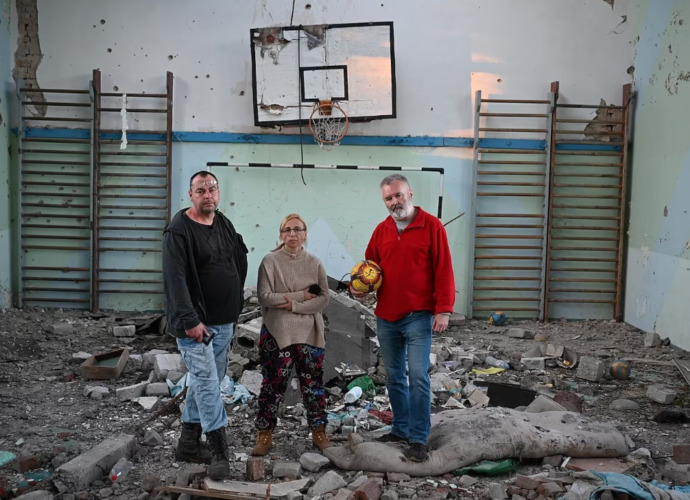
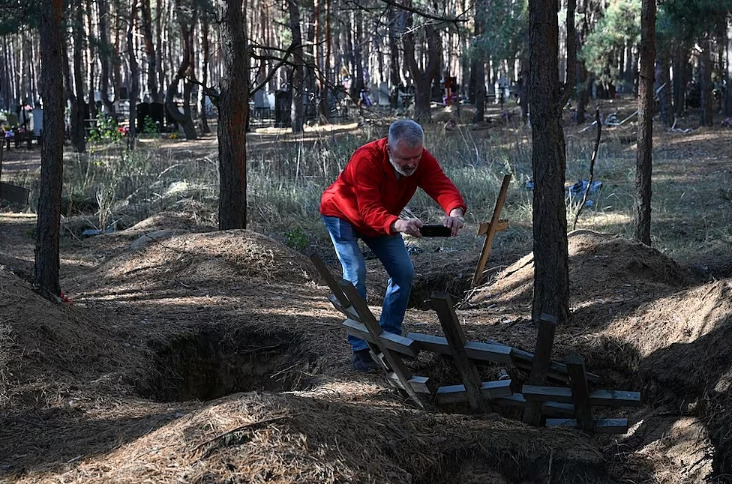
The film crew documented the participants’ reactions throughout these encounters. The production included security analyst Petr Pojman, psychiatrist Petr Pjote, and translator Lucie Řehošíková, who previously directed the Czech Center in Kyiv.
Was the psychological support necessary? Given that participants had spent months believing the war was staged, witnessing actual destruction required professional guidance.
The filming also required coordination with both the Czech Ministry of Foreign Affairs and Ukraine’s Security Service due to security concerns.
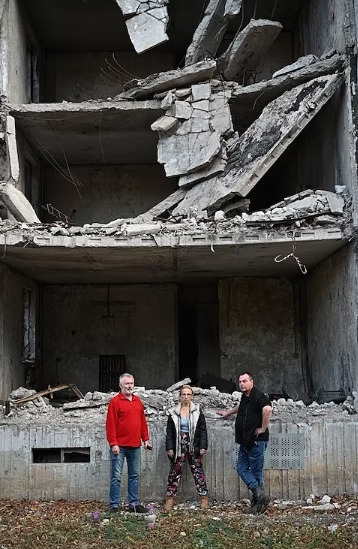
The Great Patriotic Trip premieres 21 August
The resulting documentary, “Velký vlastenecký výlet” (“The Great Patriotic Trip”), premieres 21 August. The title carries deliberate irony—borrowing Soviet-era language for a journey that challenges Russian propaganda narratives.
Can one trip change minds shaped by months of conspiracy theories? The film will reveal whether firsthand experience trumps social media disinformation.
However, the broader question remains: how many others refuse to believe what’s happening in Ukraine until they see destroyed buildings and grieving families themselves?
Donald Trump’s spiritual advisor Pastor Mark Burns followed a similar trajectory after visiting Bucha on 31 March. The former vocal Ukraine aid opponent called Putin “pure evil” following his tour of war crime sites.
Deeply affected by witnessing evidence of Russian atrocities, destruction of religious sites, and hearing testimonies from religious leaders, Burns called for increased military support for Ukraine and dismissed prior allegations that Ukraine restricts religious organizations.
He stressed that supporting Ukraine is a matter of humanitarian urgency above politics, highlighting Russian attacks on civilians and churches and urging fellow Republicans to reconsider their stance.
